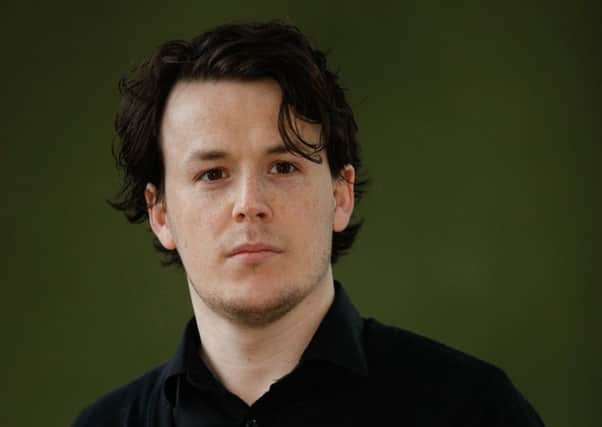Book review: Noctuary, by Niall Campbell


“What matters,” Campbell writes, “is this whole life being dedicated, / haunch and hoof and back; bring on / the tiny passenger, the load-bags / filled with riot; oh mid-life’s beast, / it stamps, up the hill of the soul / down the thrilled valley to the stream.”
There may be easier times ahead, the poet seems to be saying – a bit of downhill to look forward to after the climb – but the trick to dealing with the present is embracing the fact that, as a parent, your desires and needs are now subordinate to somebody else’s. Furthermore, it’s the “whole life being dedicated” that really matters; the journey not the destination that counts.
Advertisement
Hide AdA noctuary is a night journal and many of the poems here feel as if they have been written in the strange, dreamlike state between sleeping and waking. In “The Night Watch”, Campbell is woken in the small hours (not for the first time in the collection) by “this boy I love” who is “calling for me to come out, into / the buckthorn field of being awake.” Buckthorn is not only a spiky plant, it is also a purgative which was once thought to help rid the body of disease. Then again, in Greek mythology sea buckthorn was the preferred food of Pegasus, the winged horse, and eating it helped him to fly. Is the state of wakefulness a buckthorn field in the sense of being bracing and a little unpleasant, or is it an invitation to adventure? Such rich, ambiguous allusions only heighten the sense of the poet’s confused, half-conscious state, his mind ping-ponging from one idea to the next.
This sense of nocturnal befuddlement is echoed in “First Nights”, a conversation between a father and an unidentified questioner, when the questioner asks: “What do you make, young father, of the lateness, / are you a little drunken with the dark?” If there’s a certain hallucinatory quality to chronic fatigue, its possibilities are embraced wholeheartedly here.
Like Hollie McNish’s 2017 collection, Nobody Told Me: Poetry And Parenthood, many of the poems in Noctuary feel as if they have been written in rare, precious moments of respite from childcare duties – in “First Illness”, for example, the poet is addressing his son while he sleeps, as if scribbling notes at his bedside. However, whereas McNish’s poems feel raw and spontaneous, Campbell’s are careful, crafted, lyrical.
Noctuary is the work of a man who realises he has reached a pivotal moment in his life and is determined to open himself up to all the myriad new experiences it brings, no matter how exhausting that might be. I hope it wins him enough awards to pay for an army of babysitters. - Roger Cox
Noctuary, by Niall Campbell, Bloodaxe, £9.95